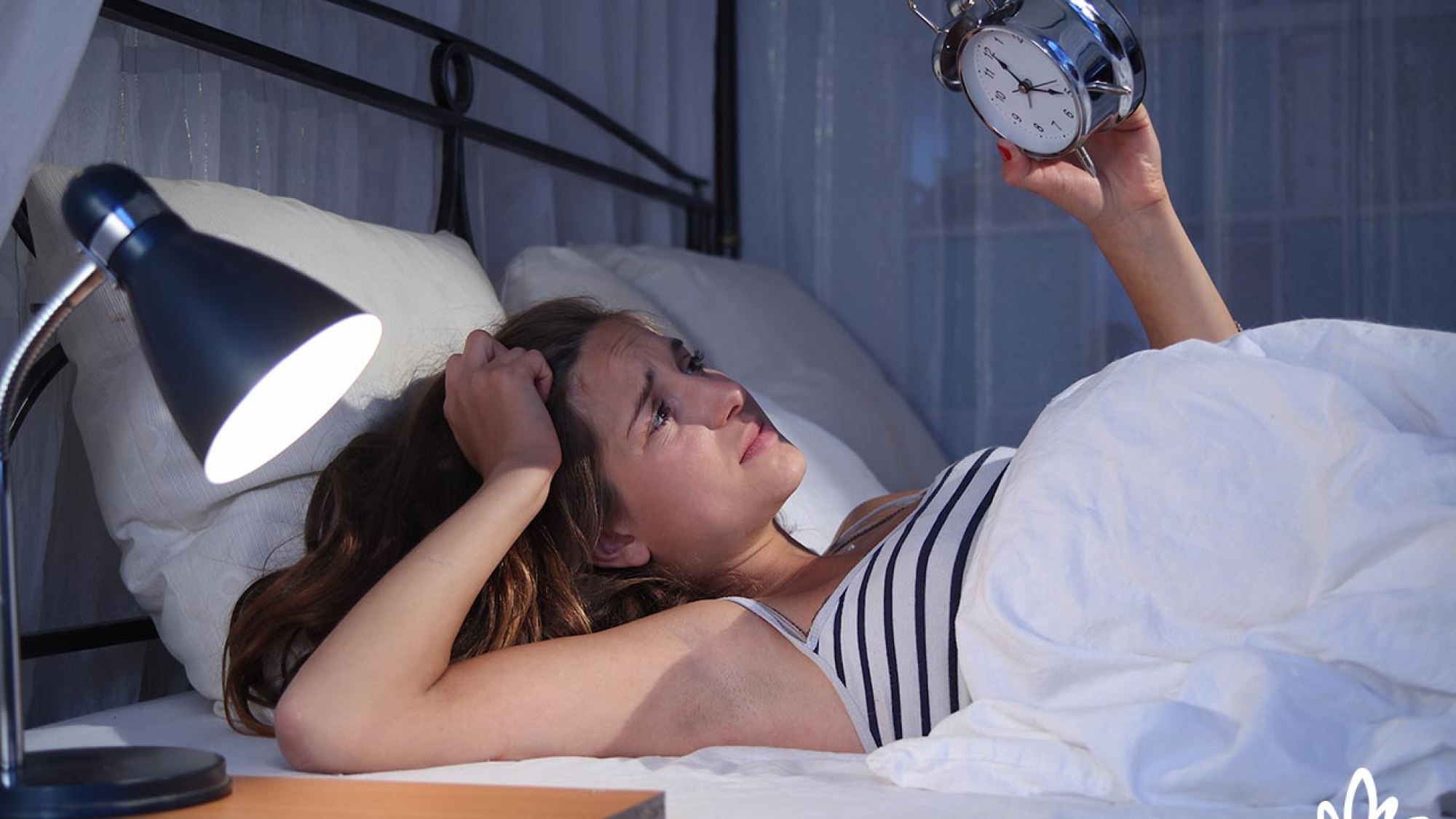8 Natural Herbal Remedies for a Better Night’s Sleep
Having trouble falling asleep or staying asleep? This may be due to a short-term issue or it can stem from longer-term sleep habits that are incorrect. Beyond a week, sleeping pills are not the solution. Prescription meds don’t address the underlying cause, and they have some serious side effects.
In addition to the suggestions in last week’s blog, what about diet, can it help with sleep? It may be surprising, but what you eat at dinner or in nighttime snacks can affect your sleep. Certain foods, like cheese and turkey, are rich in tryptophan, an amino acid that helps produce serotonin, which will help you feel sleepy. Almonds also have tryptophan as well as calcium and magnesium, minerals that calm the body and the mind. However, you will want to avoid carbs at dinner (especially potatoes), as they convert to sugar and six hours later, you could very well wake up. You would avoid sweets after lunch for the same reason.
One study revealed that tart cherries help people with insomnia; they are the only food source of melatonin, that necessary hormone for sleep. Tart cherry juice works as well, but stay away from caffeinated drinks, alcohol, and spicy and fatty foods, all which can lead to sleeplessness.
There are natural herbal remedies that make it easier to go to sleep and stay asleep. Here are 8 of them:
- Chamomile tea: it’s been used for hundreds of years as a sleep aid because it acts like a mild sedative. Brew for 10 minutes using two or three tea bags to calm your nerves and get a full night’s sleep.
- St. John’s wort: this flower can be brewed as a tea to ease anxiety and insomnia or taken as a supplement. Make sure you stay out of direct sunlight when you take it because it can make you more sensitive to UV rays.
- Valerian root: over 16 studies have shown this flowering plant helps you fall asleep faster and have a more sound night’s sleep. It’s the most commonly used herbal supplement to promote sleep in the U.S. and Europe. Taken together, valerian and hops are well-studied herbal supplements for sleep; they boost production of GABA, a brain chemical that reduces anxiety and has sedative properties. You will want to restrict your use to a week or two, so as not to overly burden the liver.
- Kava: Pacific Islanders have long used this root for relaxation. Like valerian, don’t use over a long period of time. Use a high quality supplement.
- Passion flower (also called maypop): is not only a delicious tea, but is also a mild sedative. Steep for 10 minutes in boiling water.
- California poppy: the bright orange leaves of the poppy should be steeped in hot water for 10 minutes to make a tea that gets you ready for a good night’s sleep.
- Lavender: the soothing fragrance of lavender’s purple flowers enhances sleep. Lavender aromatherapy is often as effective as pharmaceutical medications, with no side effects. Don’t take lavender orally. Use a good quality lavender oil in a diffuser around 30 minutes before bed.
So, forget counting sheep and brew a cup of herbal tea to catch some Z’s.
And if you’d like to hear more about this and other topics, come join our live show on January 22nd at 3PM Pacific. We’ll be talking to expert herbalist and Deborah King Center Graduate Practitioner, Lisa Vander Kaay.
Join the conversation!

